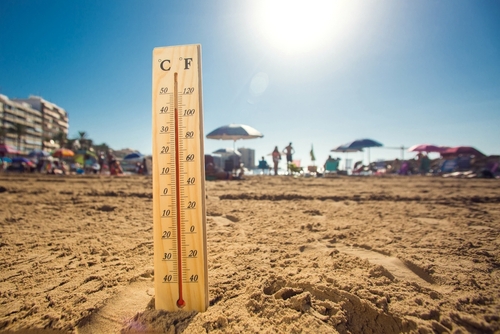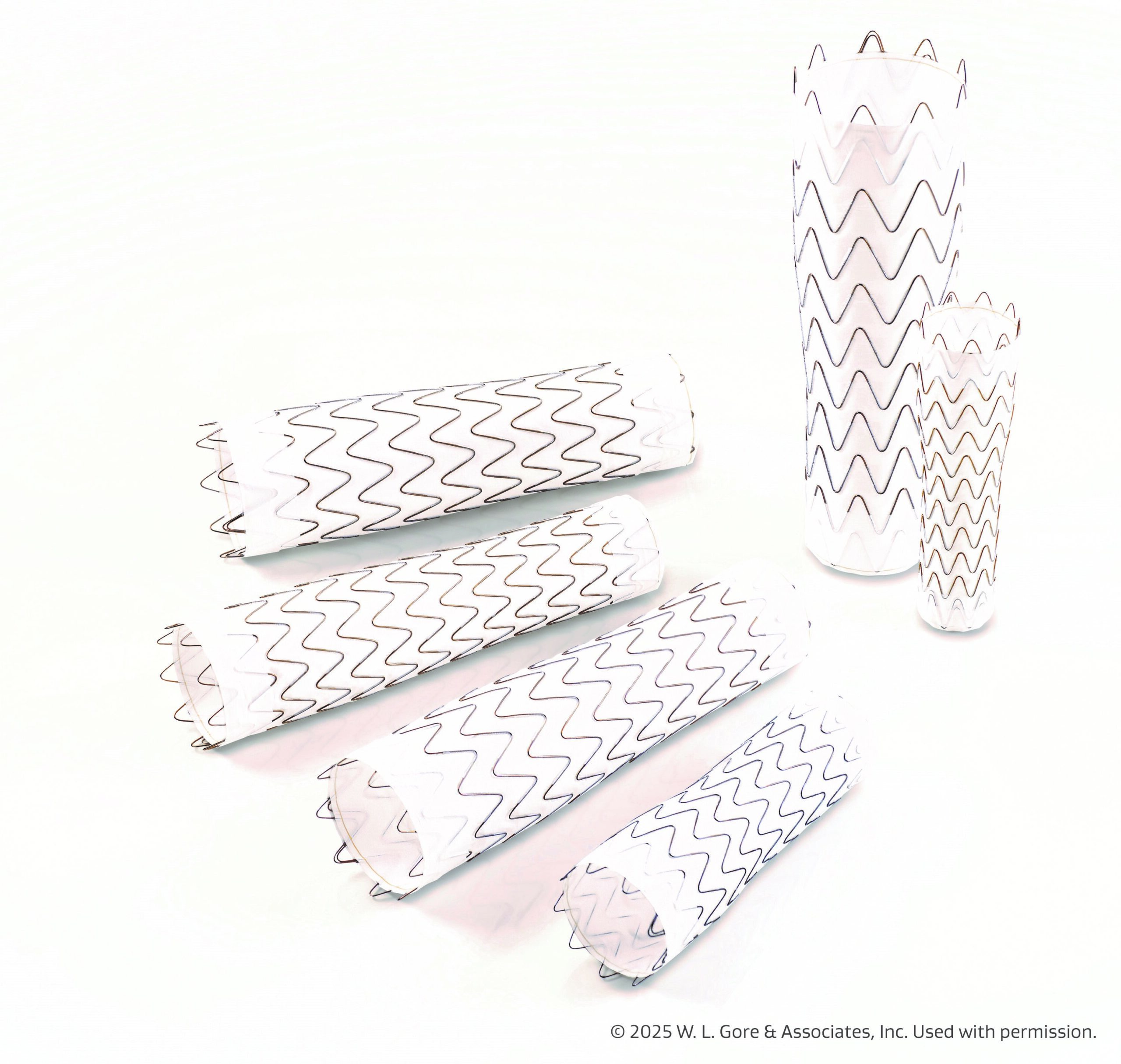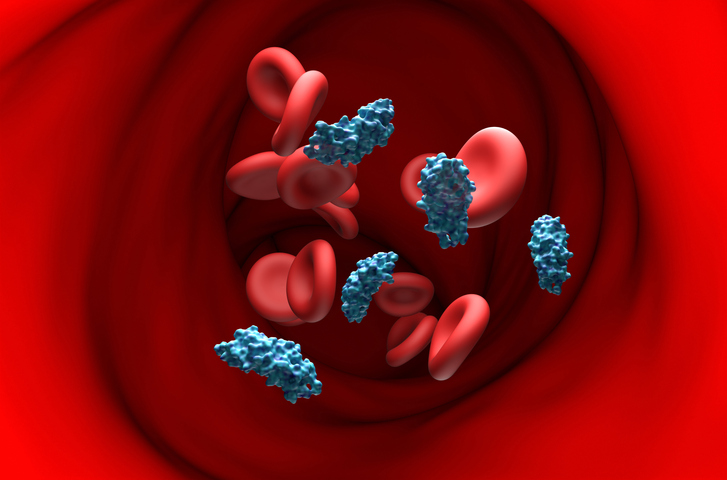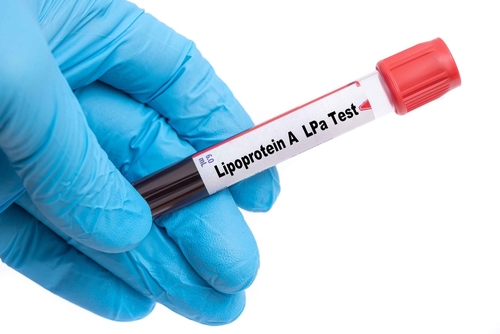
Summer has officially arrived, and already record high temperatures are being reported across much of the United States. The sweltering heat has prompted the American Heart Association (AHA) to issue important warnings about the cardiovascular dangers of extremely high temperatures, and how to take precautions.
According to the AHA, heat and dehydration can put the heart under significant stress. They referenced 2 studies that shed light on the harm extreme heat can cause to the heart:
- Preliminary research presented at the American Heart Association’s Epidemiology and Prevention/Lifestyle and Cardiometabolic Scientific Sessions 2024 showed that short-term exposure to higher heat may increase inflammation and interfere with normal immune system functions in the body. This exposure may accelerate the progression of cardiovascular disease.
- The combination of soaring heat and smothering fine particulate pollution may double the risk of heart attack death, according to another study published in Circulation.
The AHA offered several suggestions related to managing hot weather, including:
- Watch the clock. Avoid the outdoors in the early afternoon (noon to 3 pm) when the sun is usually at its strongest, putting you at higher risk for heat-related illnesses.
- Dress for the heat. Wear lightweight, light-colored clothing in breathable fabrics such as cotton or a newer fabric that repels sweat. Add a hat and sunglasses. Use a water-resistant sunscreen with at least SPF 15 and reapply it every 2 hours.
- Drink up. Stay hydrated by drinking a few cups of water before, during, and after going outside or exercising. Avoid caffeinated or alcoholic beverages.
- Take regular breaks. Find some shade or a cool place, stop for a few minutes, hydrate, and start again
Moreover, the AHA urged people to be cognizant of the signs of heat exhaustion, which include headache, changes in pulse, weakness or muscle cramps, nausea and vomiting, and passing out, as well as heat stroke (high body temperature, fast and strong pulse, headache, dizziness and confusion, and passing out).
“Heat-related deaths and illnesses are mostly preventable if proper safety measures are taken,” said Joseph C. Wu, MD, PhD, FAHA, current volunteer president of the AHA, director of the Stanford Cardiovascular Institute, and the Simon H. Stertzer Professor of Medicine and Radiology at Stanford School of Medicine, via a press release. “Precautions are especially important for infants and older adults and people with high blood pressure, obesity, or a history of heart disease or stroke. While some people are more vulnerable to problems from heat, extreme temperatures can cause health issues for anyone.”







 © 2025 Mashup Media, LLC, a Formedics Property. All Rights Reserved.
© 2025 Mashup Media, LLC, a Formedics Property. All Rights Reserved.